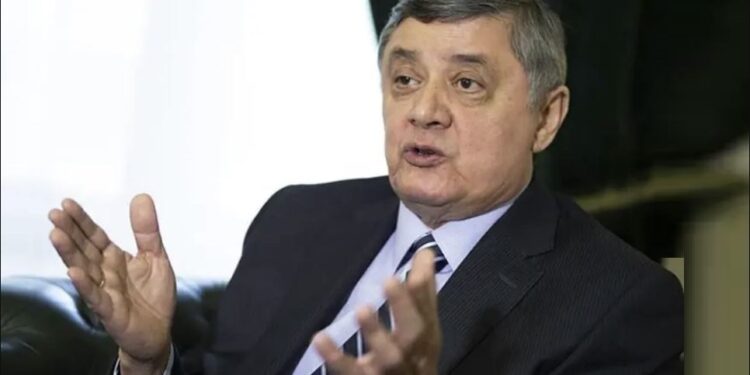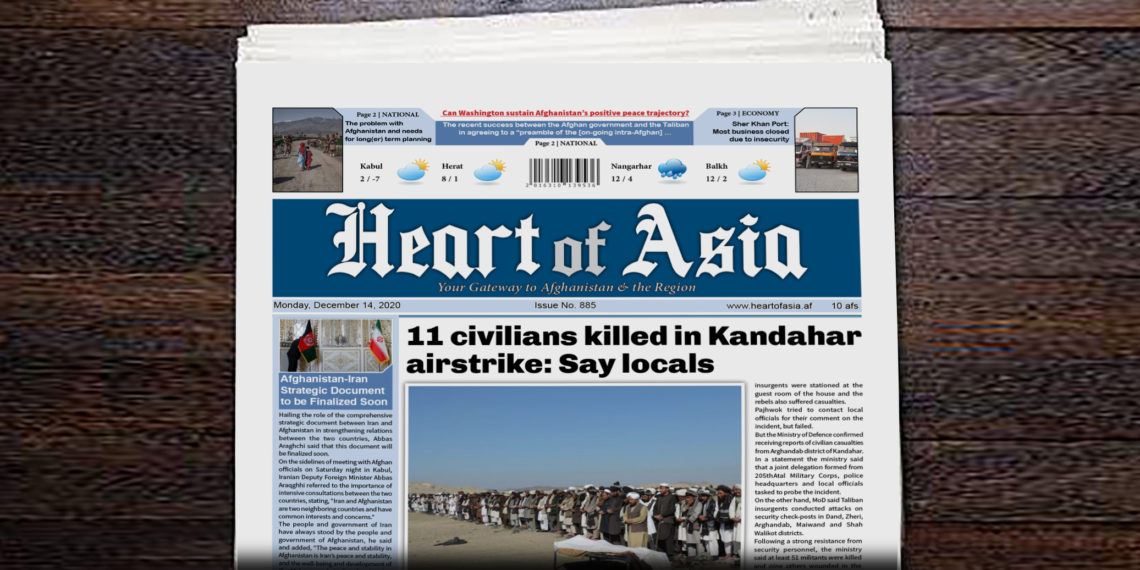NATIONALNEWS
Afghanistan’s minister of transport and aviation attends regional meeting in Uzbekistan
acting Minister of Transport and Aviation, headed a delegation to Uzbekistan for a ‘Six-Party Corridor’ meeting that included representatives from...
Read moreAROUND OFWORLD
Iraq, Türkiye sign over 20 deals to boost ties
Iraq and Türkiye on Monday struck more than 20 deals in various fields during a rare visit by Turkish President...
Read moreANALYSIS
EDITORIAL
WFP reports thousands of Afghan refugees expelled from Pakistan empty-handed
Concerns about the situation of Afghan refugees being deported from Pakistan and their uncertain fate are increasing daily and thousands...
China’s unique step and several important aspects
The new Chinese ambassador to Afghanistan handed over his credentials to the Prime Minister of Afghanistan in an official ceremony....
The need for UN mediation in the Afghan peace process
The Afghan peace process is at a standstill. Although the Afghan government delegation is still in Doha, it has not...
Afghanistan is still burning in Pakistani and Indian fires
The Afghan Foreign Ministry has denied allegations by the Pakistani military that Afghan territory is being used against Pakistan. Two...







































